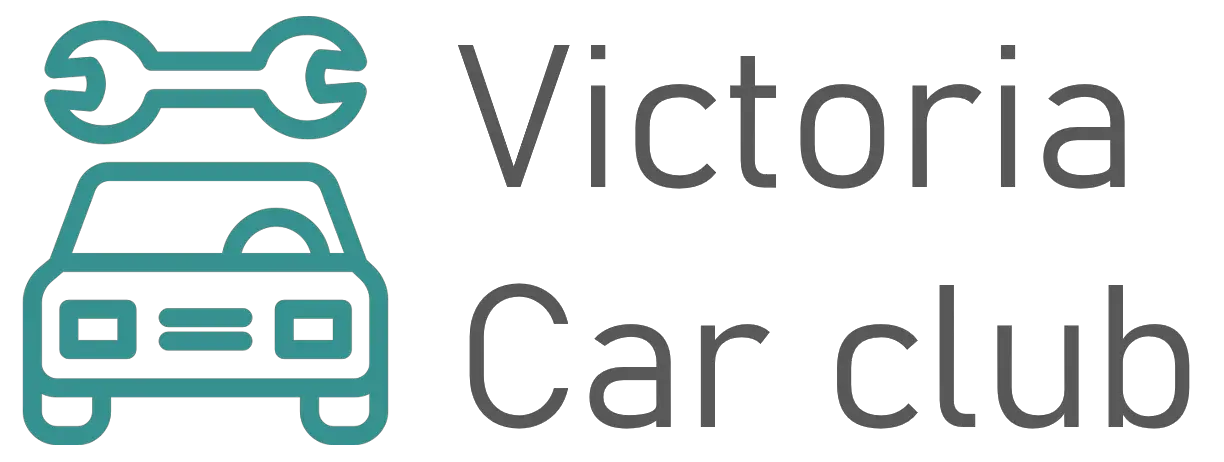Looking after your automobile is essential, if it is to enjoy a pleasant drive, to sell it at a fair price, or to avoid huge unexpected expenses. Some of these maintenance acts are inevitable, such as brake service, and we’ll just see what price to replace the brake discs of a Volkswagen Tiguan . Even if it is difficult to give you an exact price, we will first explain the purpose of the brake discs of a car, then an estimate of the price of changing the brake discs of your Volkswagen Tiguan, and finally, why and when to change its discs.

Purpose of the brake discs of a Volkswagen Tiguan
Before we see the cost of changing the brake discs on your Volkswagen Tiguan, we will explain what their function is. They are an integral component of your braking system and make sure your security on the road. This braking component is a consumable, this component will have to be changed depending to the use you have of your Volkswagen Tiguan. There are two distinct braking systems, the drum brakes which will be a sort of circles inside which pads will be pressed on the walls to slow down the automobile, often equipped on old vehicles or on the rear wheels because they have less braking power. The discs, as their name indicates, are like thick metal discs that will be pinched by the brake pads to stop your Volkswagen Tiguan . With time and friction the thickness of the discs will reduce and they will become less powerful.
Price for changing the brake discs of a Volkswagen Tiguan
We’ll now move on to the component you’re almost certainly most interested in. How much does it cost to change the brake discs on a Volkswagen Tiguan? It is necessary to know that the brake discs are sold in pairs, generally your car will be equipped with them at the front, and not automatically at the rear. As 70% of the braking power of a motor vehicle is focused on the front of the car it is essential to have them in good working conditions. We are going to illustrate the different possibilities available to you to change the brake discs of your Volkswagen Tiguan and the different prices of these solutions , here they are:
- The first solution is actually the most costly, if you have already had to cope with a garage of the brand of your Volkswagen Tiguan you should know that the services are always considerably more pricey. We ensure you an expertise which is not always there and which whatever the case is not necessary for many services such as changing the brake disc. Nevertheless, changing the brake discs of your Volkswagen Tiguan at the manufacturer will cost you between 250 and 350 euros depending on the finish of your car.
- To complete by a car center or an independent garage is a solution more and more appreciated by the car owners, for some they enable to keep the guarantee of your Volkswagen Tiguan while lowering the bill. It is estimated that changing the brake discs of a Volkswagen Tiguan in this sort of garage amounts to around 150 to 250 euros.
- Finally, it is possible to change your brake discs on your own , with some expertise the operation is not very complex and you will locate courses on the net. To do so, you just have to buy the component. If you buy it in a store you will get it for 50/60 euros and 30/4 if you buy it online.
Why and when to change the brake discs on his Volkswagen Tiguan?
As we revealed in the introduction, the brake discs on your Volkswagen Tiguan are wear parts. It is estimated that the brake discs have a lifetime of 80, 000 to 110, 000 km depending on the use you will have (highway or city for example). Finally, certain signals can warn you to the need to change the brake discs on your Volkswagen Tiguan:
- Strong squeaking noises during braking, remember to check the level of brake fluid in your Volkswagen Tiguan, do not hesitate to consult our content page on this subject.
- Heavy vibration in the brake pedal when you brake.
- Major scratches or stains on your brake discs
If you wish more tutorials on the Volkswagen Tiguan, go to our Volkswagen Tiguan category.

